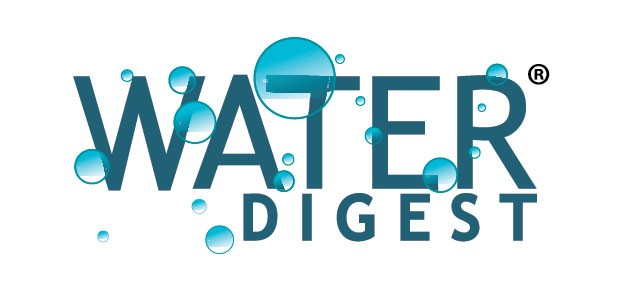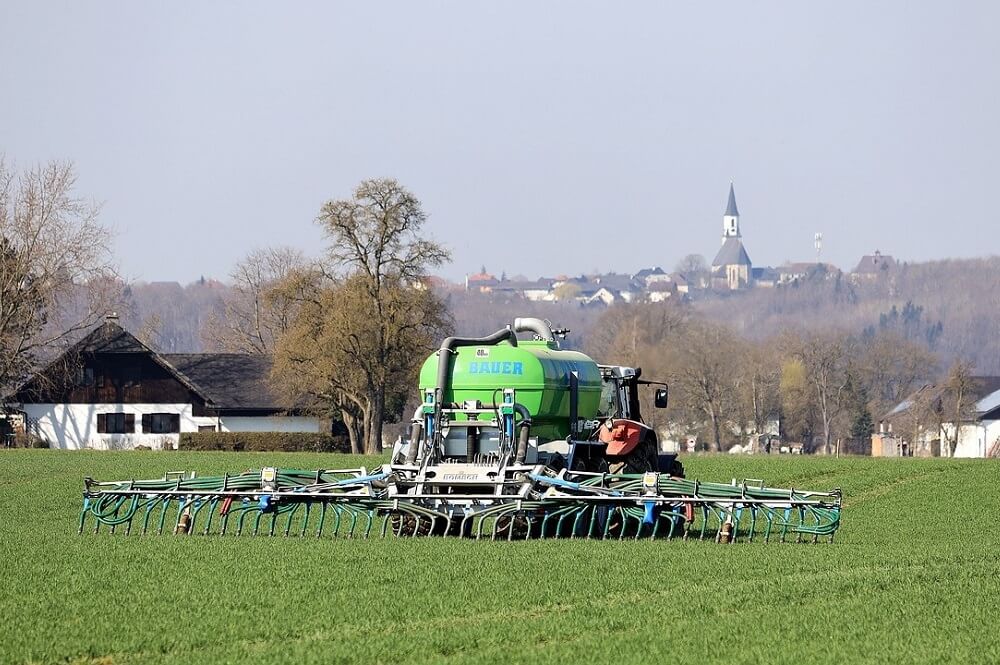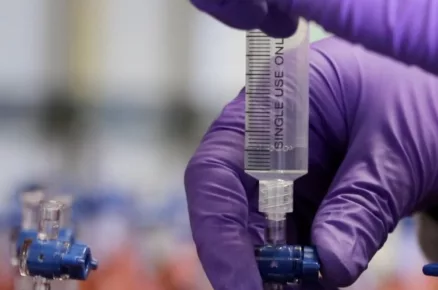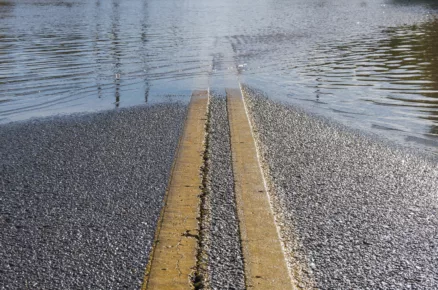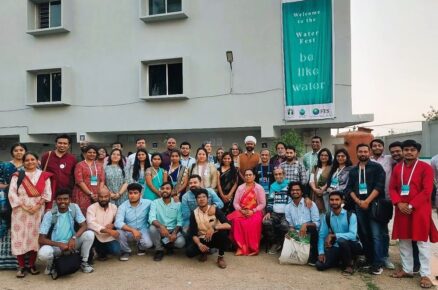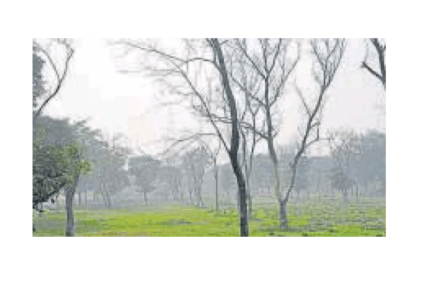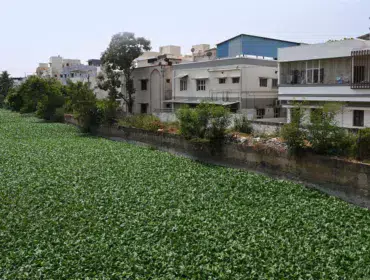• The wastewater draining from massive pools of sewage sludge has the potential to play a role in more sustainable agriculture, according to environmental engineering researchers.
• Researchers’ lifecycle analysis of nitrogen reclamation from wastewater shows a viable path forward.
WD News: The wastewater draining from massive pools of sewage sludge has the potential to play a role in more sustainable agriculture, according to environmental engineering researchers at Drexel University. A new study, looking at a process of removing ammonia from wastewater and converting it into fertiliser, suggests that it’s not only technically viable, but also could help to reduce the environmental and energy footprint of fertiliser production – and might even provide a revenue stream for utilities and water treatment facilities.
The production of nitrogen for fertiliser is an energy-intensive process and accounts for nearly 2% of global carbon dioxide emissions.
“Recovering nitrogen from wastewater would be a desirable alternative to the Haber-Bosch process because it creates a circular nitrogen economy,” said Patrick Gurian, PhD, a professor in the College of Engineering who helped lead the research, which was recently published in the journal Science of the Total Environment. “This means we are reusing existing nitrogen rather than expending energy and generating greenhouse gas to harvest nitrogen from the atmosphere, which is a more sustainable practice for agriculture and could become a source of revenue for utilities.”
The team, led by Gurian and Sabrina Spatari, PhD, from Technion Israel Institute of Technology, regularly perform analyses to take stock of the full environmental and economic impact of various options for recycling and reuse of waste or side-stream products as sustainable solutions.
“Our analysis identifies a significant potential for environmental mitigation and economic benefit from implementing air-stripping technology at wastewater treatment plants for producing ammonia sulphate fertiliser,” they wrote. “In addition to ammonia sulphate production as a marketable product, the benefit of reducing the ammonia load in the side-stream before it is recycled into the wastewater stream at the wastewater treatment plant provides an additional justification for adopting air-stripping.”
From an economic perspective, the overall cost of producing fertiliser chemicals from wastewater is low enough that the producer could sell them at a price more than 12 times lower than Haber-Bosch-produced chemicals and still break even.
“Our study suggests that recovering ammonia can be cost-effective even at low concentration,” they write. “Although high ammonia concentration is environmentally favourable, and can simultaneously support marginal production of ammonium sulphate with lower environmental impact, particularly for life cycle energy, greenhouse gas emissions, and several human and ecosystem health indicators, compared to the Haber-Bosch production.”
In addition, the study suggests that water treatment facilities may enjoy energy savings by air-stripping the ammonia to reduce levels before the water it re-enters the waste treatment process. This is because it would cut the time and processing needed to treat the water and fits in well with softening processes that help to slow chemical deposition on the treatment plant infrastructure.
While the team acknowledges that air-stripping would churn out fertiliser in smaller amounts than the industrial Haber-Bosch process, being able to collect and reuse any quantity of resources helps to improve the sustainability of commercial agriculture and prevents them from becoming water pollutants.
The research suggests that water utility providers could also consider investing in technologies that would capture phosphorus and recycle it for agricultural use.
Source: ScienceDaily/Drexel University
Image Courtesy: Pixabay
